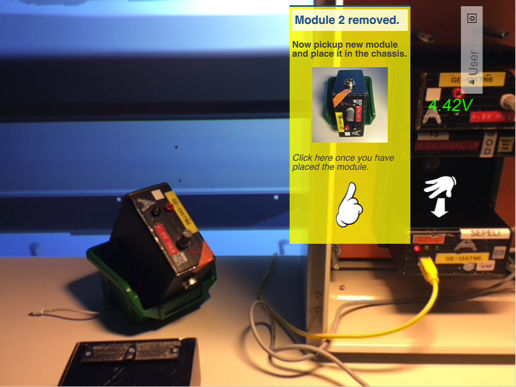At the previous International Conference on Smart Learning Environments, I presented my paper Towards a Reference Architecture for Smart and Personal Learning Environments.

Abstract: Personal learning environments (PLEs) evolved as a response to the limitations on self-regulated learning posed by institutional control of learning environments, such as Learning Management Systems. Smart learning environments (SLEs) have more recently come to refer to various technological enhancements of learning environments. However, there is a tension between ‘personal’ and ‘smart’, which this paper investigates through the experiences of the TELL ME project. The project focused on the learning of blue-collar workers in Europe’s manufacturing sector. The resulting aim was to support the awareness of ‘intentions’ and ‘realizations’ and the reciprocities between these across five phases, collectively referred to as MEMO-E: mix, enquire, match, optimize, and experience. Perspectives of the project on the themes, interactions, and philosophy of SLEs and PLEs are explained, a framework for intentions and realizations is introduced, and the characteristics of an evolvable reference architecture for smart and personal learning environments are presented.
The paper was coauthored with Ambjörn Naeve (co-supervisor in my PhD studies and now retired from KTH), Paul Lefrère of CCA Research, UK, and Fridolin Wild of Oxford Brookes University, also in the UK, in the context of the TELL ME project (Technology Enhanced Learning Livinglab for Manufacturing Environments).

No comments yet. Be the first to comment!